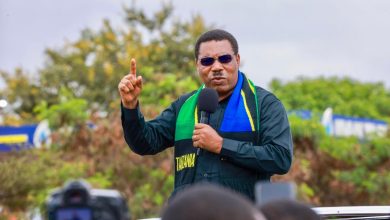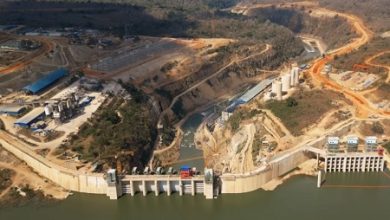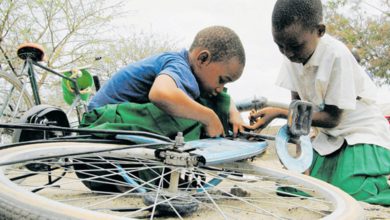Tanzania strengthens inclusive climate action

MOROGORO: THE government has strengthened its focus on inclusive climate governance by integrating gender equality into the development of its third Nationally Determined Contribution (NDC 3.0), the country’s flagship climate action plan under the Paris Agreement.
The NDC which is updated every five years in line with the Paris Agreement, outlines national commitments to reduce greenhouse gas emissions and strengthen adaptation efforts.
With NDC 3.0 currently under development, the government is taking decisive steps to ensure that gender considerations are mainstreamed across all levels of climate planning.
During a four-day technical workshop held in Morogoro, jointly organised by the Vice President’s Office, UN Women and the Ministry of Community Development, Gender, Women and Special Groups, stakeholders worked to co-develop a climate plan that reflects the voices, needs and leadership of women and other vulnerable groups.
“The government is committed to ensuring that our climate policies reflect the realities and needs of all citizens,” said Evansia Shirima, the gender focal point at the Vice-President’s Office.
“The integration of gender into NDC 3.0 is a critical step toward inclusive climate governance. Women’s leadership, knowledge and resilience are essential to achieving our national climate goals,” she added.
The workshop stressed the disproportionate impact of climate change on women and girls, particularly due to structural inequalities in access to land, energy, finance and decision-making platforms.
“Climate change is not gender-neutral. Through this collaborative effort to develop a gender-responsive NDC 3.0, we are not only recognising these disparities but actively working to dismantle them,” said Lilian Mwamdanga, UN Women Tanzania’s Programme Specialist on Women’s Economic Empowerment.
Ms Mwamdanga further underscored the long-term significance of embedding gender into climate governance frameworks.
“Integrating gender into climate governance, finance and data systems will lay the foundation for inclusive, resilient and sustainable development,” she said.
“UN Women remains committed to supporting the Government of Tanzania in ensuring that women are not just beneficiaries of climate action, but leaders and agents of change,” Ms Mwamdanga added.
The workshop utilised the UN Women Toolkit on Mainstreaming Gender in NDCs to develop strategic recommendations for gender-responsive climate action. Key proposals include promoting genderbalanced governance, building inclusive data systems, encouraging positive shifts in social norms and allocating at least 50 per cent of climate finance to gender-responsive initiatives.
ALSO READ: Climate change threatens Tanzania’s seaweed revolution
This integration aligns Tanzania’s climate commitments with key global and national frameworks, including the Paris Agreement, the UNFCC Gender Action Plan, the Sustainable Development Goals (SDGs) and the newly launched National Clean Cooking Strategy 2024–2034.
By centering gender equality in its climate strategy, Tanzania is taking a bold step toward a more equitable and resilient future one in which no one is left behind.





